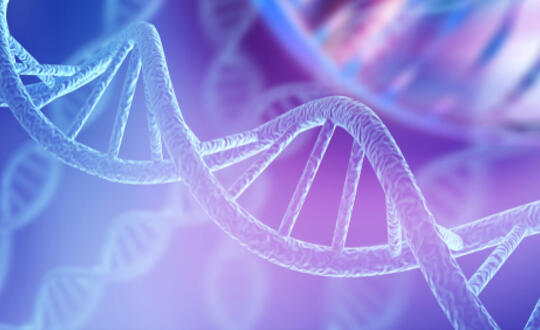The Perils of Junk Science
Jun 07 2024
An audio summary of this article is available in the player below. Scroll to keep reading.
Listen and subscribe to Womble Perspectives wherever you get your podcasts.
This article was authored by Gloria Malpass, Ph.D. (Research Consultant), Madeline Campbell, Ph.D. (Litigation Consultant), and Suzanne Pierberg (Research Analyst).
We live in an era in which we can instantly obtain copious amounts of information quickly through the internet, and while this has many advantages, it also opens the door for potential problems. Just search for the term “fake news” on the internet and you will see that there are widespread concerns about misinformation in social media. The potential for inaccurate reporting, however, is not limited to mainstream media. Fake studies have been reported in some top scientific journals, and a growing problem is the large-scale production and sale of articles by for-profit organizations called “paper mills” who sell their products to researchers wanting to publish in peer-reviewed journals. In fact, several universities now offer courses that teach methods on how to check the validity and reliability of news reports and claims in the media.
While some articles that are either identified as compromised studies or contain inaccurate or unsubstantiated information have been retracted from journals, it is unlikely that all junk science will be identified and retracted. Pseudoscience, commonly called “junk science” and defined as “a system of theories, assumptions, and methods erroneously regarded as scientific,” can result from poorly conducted studies or inaccurate interpretation of scientific data. Reliance on junk science can be costly. Both plaintiffs and defendants rely on published scientific evidence and expert testimony to help prove their cases. Sometimes juries are allowed to hear junk science that is presented as expert evidence in the courtroom. Juries are comprised of members with varied backgrounds, and studies have shown that people who have higher levels of education are associated with less acceptance of pseudoscientific proposals, which can be attributed to the development of critical thinking skills. Therefore, it is imperative that attorneys are knowledgeable about the integrity of the science that is introduced or relied upon, and they are prepared to challenge opposing counsel’s use of junk science in the courtroom.
Reliance on junk science can be costly.
A critical and analytical approach to reading is crucial in evaluating the accuracy of any literature. While it may or may not be intentional on the part of an author to mislead readers, a reader should always be vigilant for any potential bias, misinterpretations of cited material, or illogical data interpretations. The reader should confirm that the information is from a reputable source. For example, artificial intelligence (AI) is a valuable tool for quickly locating information on a topic, but the reader should always refer to the original source when citing or relying on scientific findings.
Keep an eye out for future posts in which we will continue to explore strategies that can help minimize the perils of junk science impacting the courtroom.